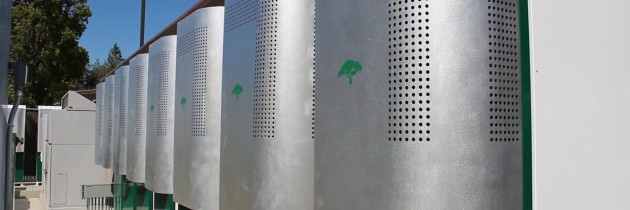Green Charge: The Energy Storage Startup Transforming A $100 Billion Market
The energy storage industry has grown to become a $100 billion market, projected to reach $250 billion by 2040. This massive valuation is due, in part, to more than 50% of consumer energy bills being attributed to peak hour charges. Noticing the need to make energy usage more affordable and efficient, paired with a passion to improve the planet, one entrepreneur launched a company aimed at transforming the way we use energy.
Founded in 2009 by Vic Shao, Green Charge Networks designs and installs commercial energy storage systems. Their mission is to empower businesses, municipalities, and schools of all scales to use energy more efficiently, by limiting carbon emissions and minimizing costs through servicing energy storage. Energy storage is designed to help avoid drawing energy from the grid during peak hours, instead charging itself during regular hours when energy is cheaper. By using energy storage as a method to balance peak power demands, power efficiency increases. This subsequently reduces demand charges, reduces capital expenditures for service upgrades, and improves the planet by decreasing the usage of power plants.
Green Charge was the first to market with an ROI-driven energy storage product. Now, the company stands as the largest provider of commercial energy storage in the country, boasting a growing portfolio of 48 MWh of battery storage projects deployed or under construction across more than 150 sites. In addition to expanding their reach, the startup has successfully helped customers across the United States cut the cost of their electric bills by up to 30%.
To date, Green Charge has raised over $56 million in two rounds of funding. In May, Green Charge was acquired by global energy power Engie, an industry-leading battery storage company. Leveraging an innovative suite of patented software algorithms and smart data, Green Charge deploys, owns, operates, and optimizes battery systems across both private and public sectors.
Fonte: Forbes



